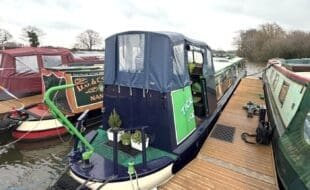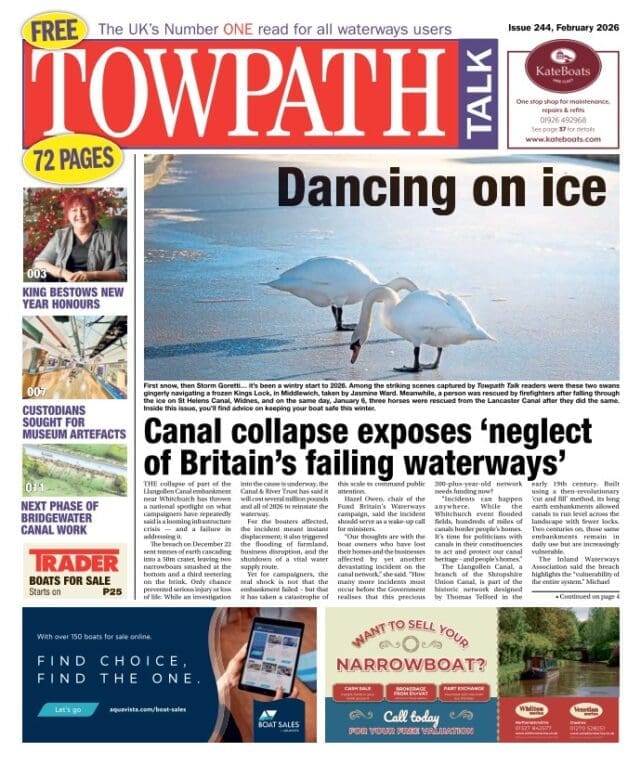ALTHOUGH you may not have heard of it, Planet Patrol mobilised more than 1000 people to participate in its Autumn Water Watch to locations across the UK.

Over three days in October, the environmental non-profit organisation co-ordinated the activities of concerned individuals who recorded a series of observations looking at the pollution levels in their local canals, rivers and streams.
The observations included the study of observable pollution, litter and invasive species. These observations were entered into Planet Patrol’s app to build an almost real-time picture of the state of the UK’s waterways.
As a result of the survey, the organisation published the findings in a report which produced some surprising results. Most surprising of these was that 85% of participants rated their local water quality as average or above. This is despite government data showing that none of the UK rivers are in ‘good chemical health’, according to Planet Patrol.
Other statistics that will be of particular interest to the Canal & River Trust are that 79% of those who took part stated that the waterways are “very important to them”, with 93% saying that they have a “positive influence on how they feel”. Apparently, 67% of participants said they enjoyed their waterway at least once a week.
Lizzie Carr, founder of Planet Patrol and the first person to paddleboard the entire length of Britain’s waterways, solo and unsupported, said: “We know that the state of water quality in the UK is reaching crisis point, but our survey findings reveal that awareness of the problems they face is worryingly low.
“Awareness leads to action, which is exactly why citizen science initiatives like Autumn Water Watch are an invaluable tool in filling information gaps and helping to shape our understanding of how widespread the threats to our waterways are. We must continue to bring attention to the dangers of poor water quality for the sake of the environment and public health.”
She added: “In lieu of adequate government funding, it’s more important than ever to galvanise public support through people-powered data to help inform solutions. Citizen science holds immense power, and I’m incredibly grateful to all those who participated and look forward to building on its success in Spring Water Watch 2023.”
Despite the numbers indicating that many of those taking part felt that the water quality was ‘average or above’ the survey also found that 67% of sites observed showed visible signs of pollution. The most common pollutant seen was, unsurprisingly, litter at 36%. Foam on the water was also present at 19% of sites. Foam is generally the result of synthetic products such as detergents entering the waterways or the result of dissolved organic matter and may be a sign of pollution that could be dangerous to aquatic life.
Invasive plants were also seen, including Himalayan balsam, which was present at 51% of the sites surveyed. In all, 658 sites were observed across England, Scotland, Wales and Northern Ireland, with the results being analysed by independent experts from Loughborough University.
If you want to be involved in the 2023 survey, or any of Planet Patrol’s activities, visit the organisation’s website at www.planetpatrol.co
#towpathtalk #canals #canalsandrivers #narrowboat #rivers #waterways #lifeonthecut #boating #boats





